TL;DR: StyleCity synthesizes style-aligned urban texture and 360° sky background, while keeping scene identity intact.

Yingshu Chen, Huajian Huang, Tuan-Anh Vu, Ka Chun Shum,
Sai-Kit Yeung
The Hong Kong University of Science and Technology

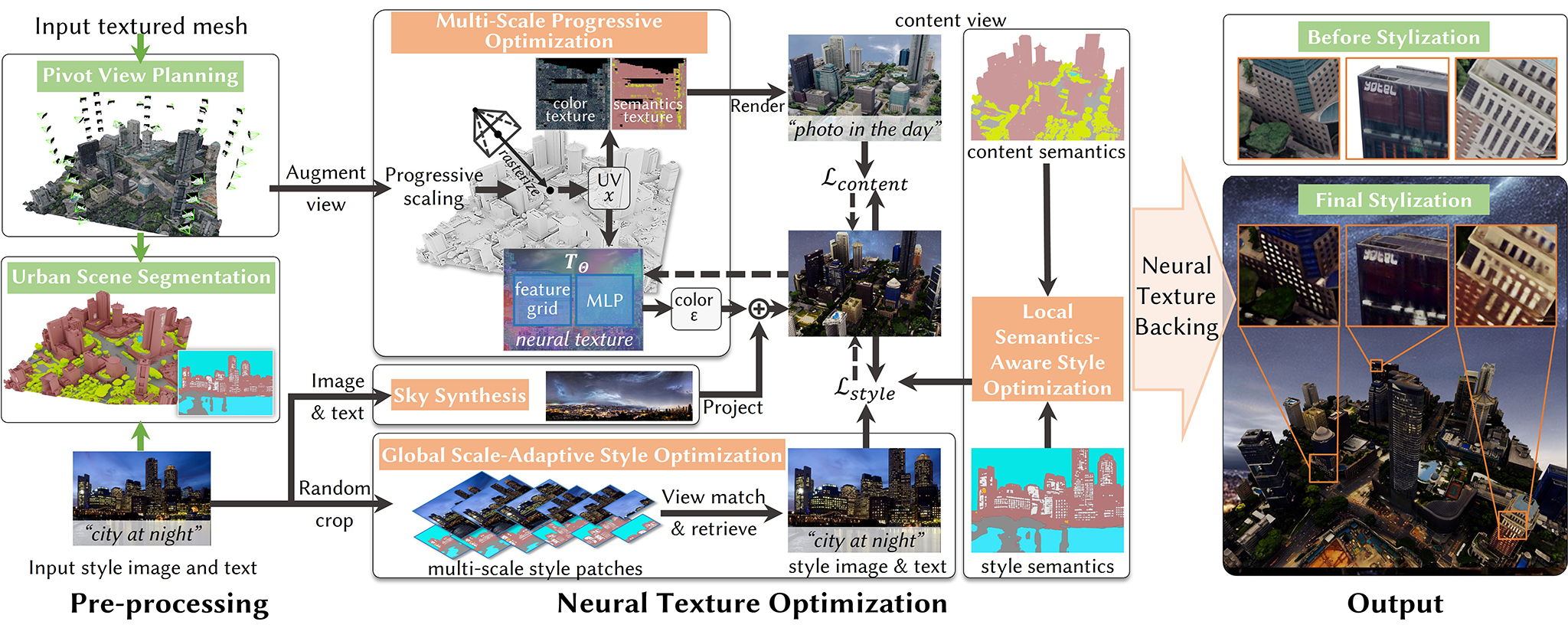
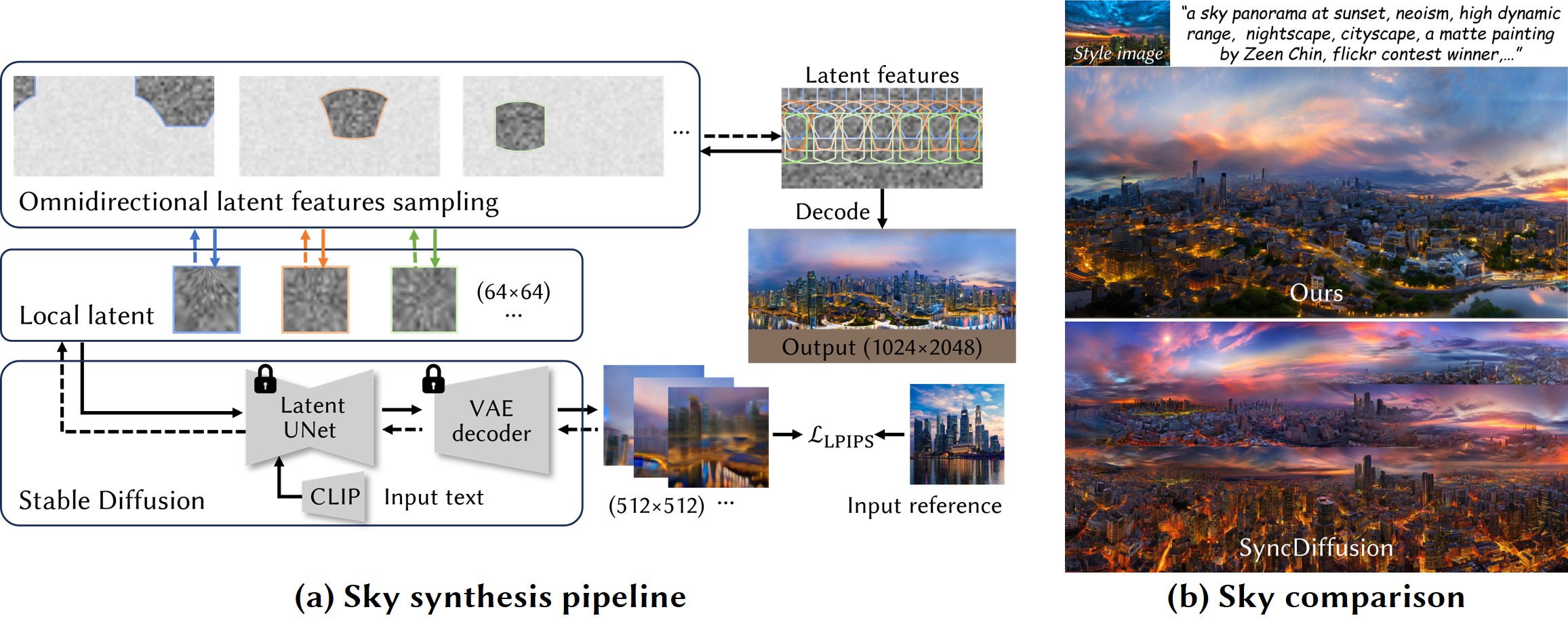
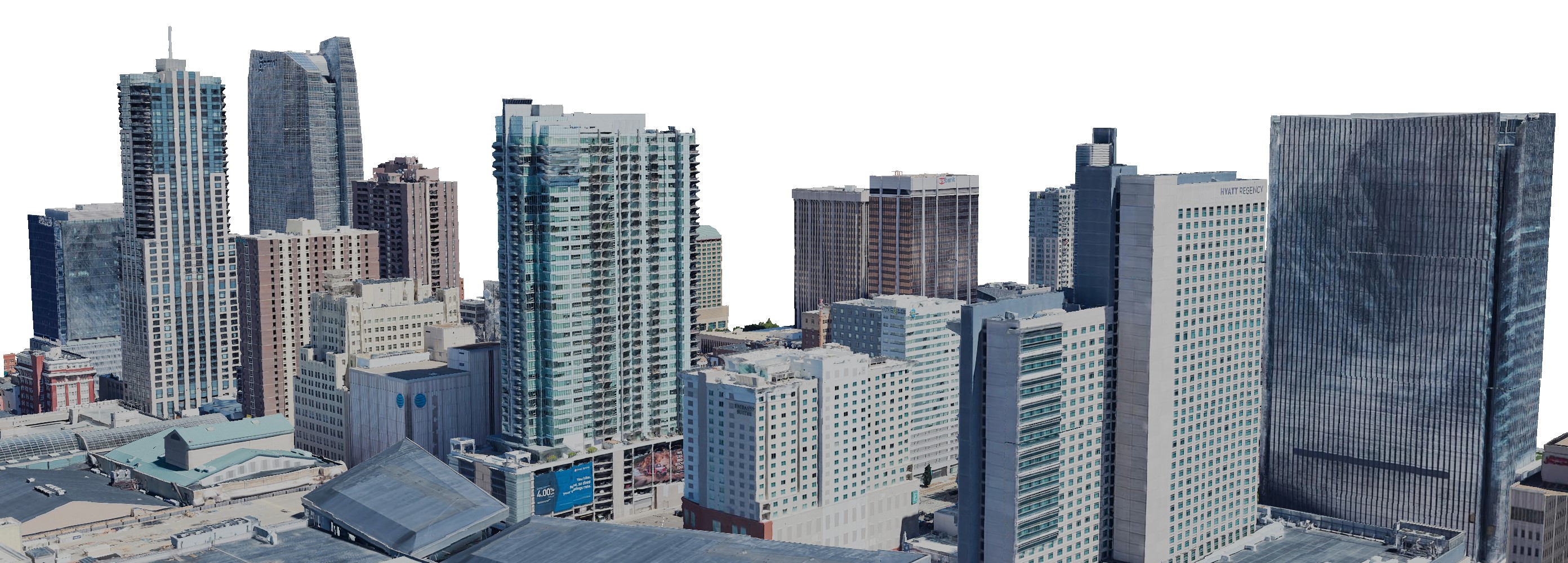
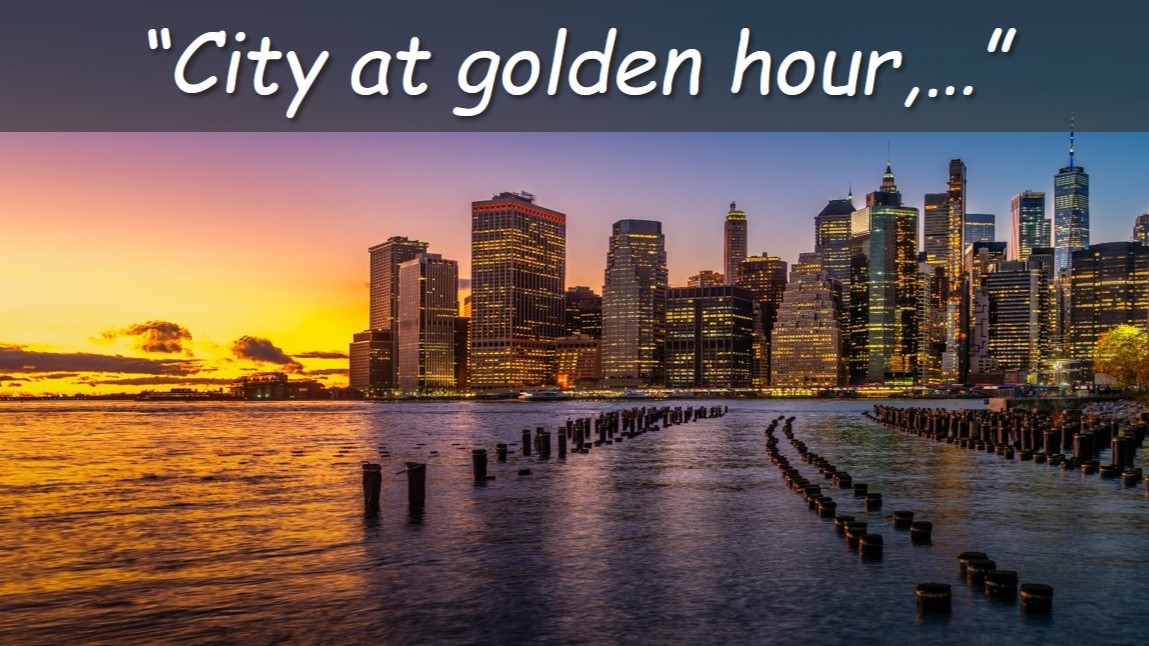
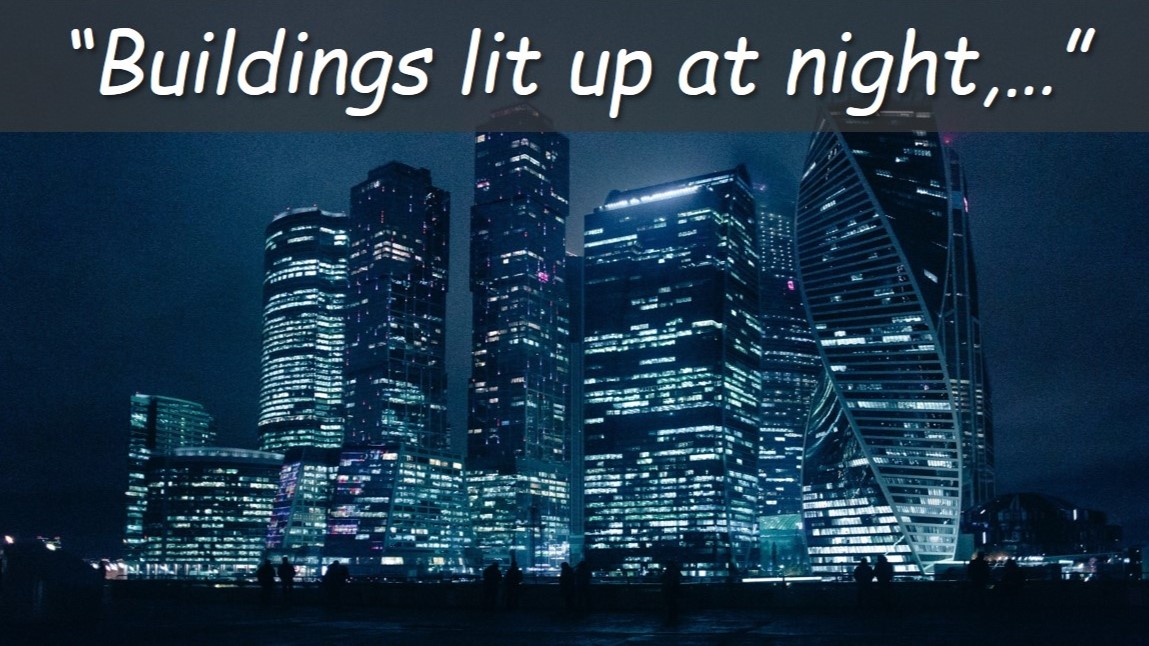
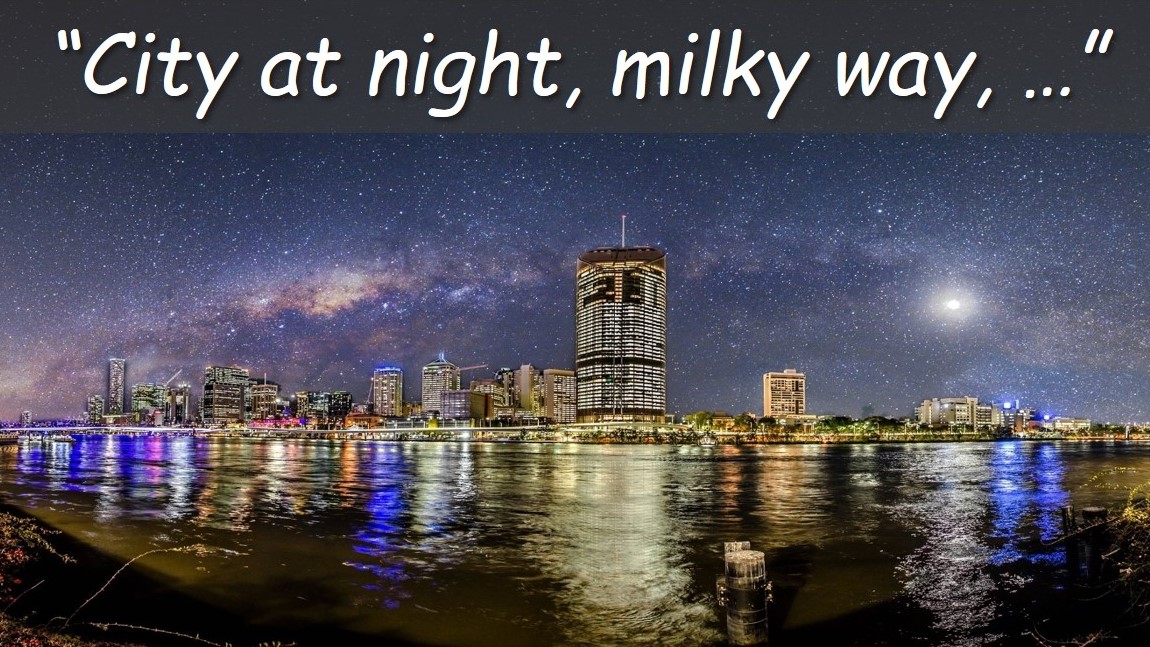



Hallucination of magic times of a day for a city.
Comparisons among instruct-NeRF2NeRF, ARF, StyleMesh and our proposed method. Our results have plausible texture and background and preserve the scene identity in different style transfer cases.

Comparisons with Google Earth.
@inproceedings{chen2024stylecity,
title={StyleCity: Large-Scale 3D Urban Scenes Stylization},
author={Chen, Yingshu and Huang, Huajian and Vu, Tuan-Anh and Shum, Ka Chun and Yeung, Sai-Kit},
booktitle={Proceedings of the European Conference on Computer Vision},
publisher="Springer Nature Switzerland",
pages="395--413",
year={2024}
} Advances in 3D Neural Stylization: A Survey. 2023.
Disentangling Structure and Appearance in ViT Feature Space. TOG 2023.
SyncDiffusion: Coherent Montage via Synchronized Joint Diffusions. NeurIPS 2023.
Time-of-Day Neural Style Transfer
for Architectural Photographs. ICCP 2022.
Deep Photo Style Transfer. CVPR 2017.
Data-driven Hallucination for Different Times of Day from a Single Outdoor Photo. SIGGRAPH ASIA / TOG 2013.
The paper was partially supported by a grant from the Research Grants Council of the Hong Kong Special Administrative Region, China (Project No. HKUST 16202323) and an internal grant from HKUST (R9429).